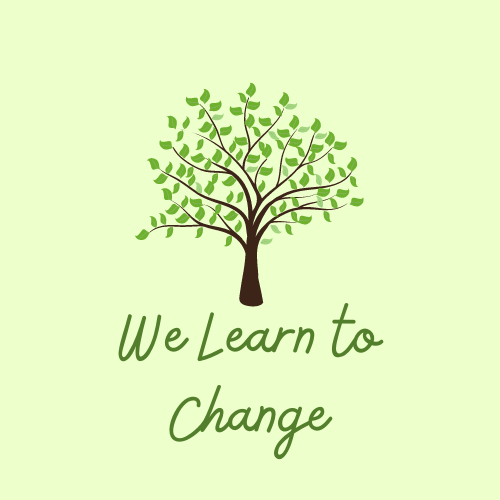Revisit my classroom management skills. Plan ahead and prepare to change it all. Continue to grow into my best self.

The summer vacation is coming to an end, and now it is time to plan for the school year to come. So many issues have sabotaged my attempts to plan, including a deep depression that has hit me (and many teachers, I suspect) like a freight train.
I had such high hopes for the vacation. I was going to get started on the novel I’ve wanted to write for years. I was going to continue the counseling that helped me get through pandemic teaching. I was going to resume my maiden name and all the paperwork that entails.
Well, the last one worked out.
Now, before August 1 rolls around (school doesn’t start until August 29 in my district, thank heavens), I am trying to write again. I said on Twitter that it’s nice to feel like I want to be in the thinking business.
I’m telling you, I haven’t even read a book this summer. I have a stack waiting, and have had no interest in them. I keep buying from used bookstores, but I haven’t really cracked one.
The only person who will make this school year better for me is me. There is no knight in shining armor to rescue me, refresh my skills in classroom management, and help me with lesson planning and pacing. Nope, just me. Before I start crying, let’s get this post started.
Classroom Management: It’s Not the Same Anymore
If last year taught me anything, it’s that we aren’t going back to what was normal before the pandemic hit. Student behavior issues seemed more difficult to manage, for example. They were more numerous, too. I wasn’t the only teacher to feel this way. One even said to me, “Heather, I’m ready to tell them all to f-off.”
We’re all tired. This summer was supposed to be about recharging, finding our balance, refilling our toolbox with shiny new tools, and coming back to school with gusto and verve.
I’m worried we will face the same issues this year. Perhaps they will be even worse. So, it’s time to revisit basic classroom management principles.
- Establish class rules with the students. Let them help you establish accountability measures.
- Create routines for restroom breaks, phone usage/storage, and participation — and stick to them consistently. (That’s a problem for me.)
- Show respect and model respectful behavior.
- Call parents whenever there is a problem, and after discussing the issue with the student.
- Set up a class seating chart before students arrive. Advise the students that the chart is subject to change. Observe and change the seating chart as needed.
- If students cannot stay in their seats, they can stand in the back.
- Remember: if you yell, you’ll lose them. Breathe. (I’m known for NOT yelling.)
Planning to Succeed While Understanding Everything Is Subject to Change
Rosters are not yet available, so I have no student profiles to examine as I try to plan. This means I can plan all I want, but they may not apply to the students who ultimately join the team.
I like to use Understanding by Design as the basis for my lessons and units, especially the notion that we start our lessons with a simple question: “What do we want the students to understand by the end of the lesson?” It seems so simple, so sensible. However, if we start with standards, it is easy to go down the rabbit hole of unpacking and trying to fulfill all aspects of the standards, losing sight of what the kids need.
I also use a strategy I call POINT. It’s my reflection on other lesson planning methods that helps me focus on what the students need first.
POINT stands for:
- Purpose (Goals)
- Objectives (SWBAT/Standards)
- Indicators of Learning (Diagnostic, Formative, Summative)
- “Negotiables” for Differentiation
- Tasks/Steps
I’ve written about this strategy before, and you can read that article by clicking the link below.
The good news is that I’m not starting completely from scratch, but not knowing about the students makes it more difficult to plan alternative routes to understanding.
To be honest with myself, I would probably fret about that anyway.
Continue to Grow into My Best Self
This is going to be the hardest. As I mentioned at the top of this post, the pandemic has adversely affected me professionally and personally. It exacerbated my issues, especially my feelings of competence, capability, and value. I struggled, sometimes mightily.
After a month of rest and reflection, it’s time to plot my own path, manage the classroom in my head, and make sure I’m prepared for things that come my way.
Thank you for reading this post. I am grateful.
